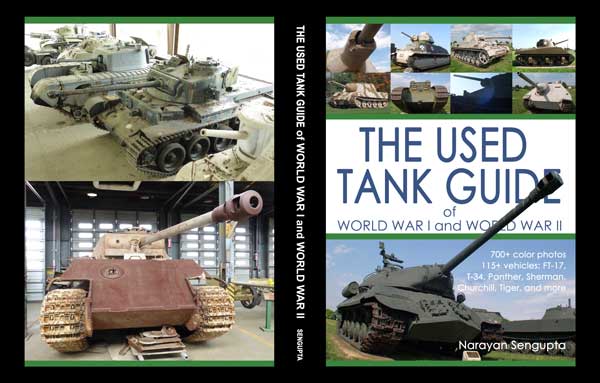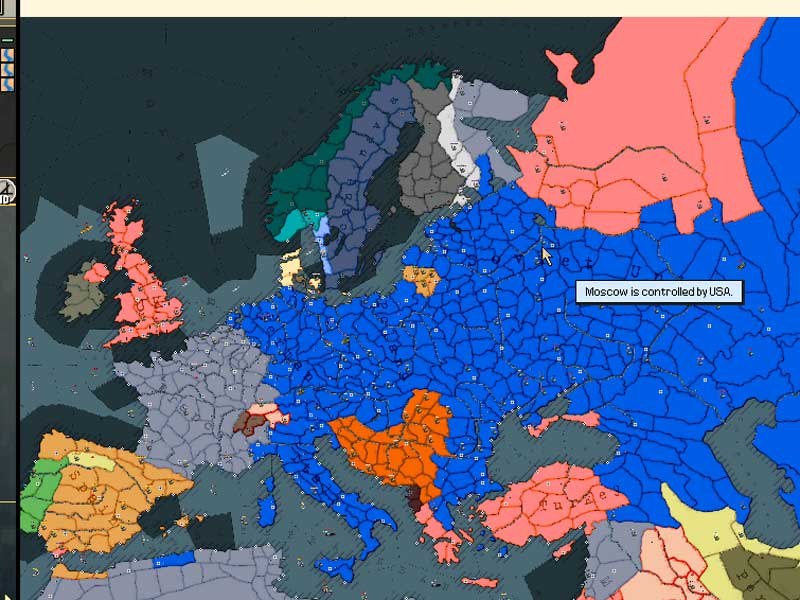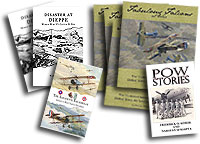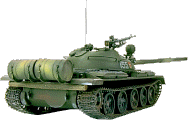Language Primers
Due to the all of the wonderful languages that are being used by visitors to the forums that we all frequent, Carl and Luis and others have been kind enough to contribute to a foreign language section of the site.
The Languages
We'll start of with Danish, thanks to Carl Ankerstjerne. As of 5/3/2002, we now have a Swedish language primer from Tony Ingesson. Thanks Tony!
We'll add Spanish shortly, thanks to Luis Guzman.
Danish
We have three Danish letters that you will have troubles
finding on your keyboard: æ, ø and å - Æ, Ø and å - but now you can always
copy/paste them when you write.
English to Danish:
A map = Et kort
revision = udgave
to send = at sende
sentence = sætning
a lot = en masse
above = ovenover
suggestion = forslag
to suggest = at foreslå
to feel = at føle
anything = noget som helst
tomorrow = i morgen
I am = jeg er
you are = du er
he is = han er
she is = hun er
it is = den/det er
we are = vi er
you are = I er
they are = de er
Game = Spil
Folder = mappe
Opportunity = Mulighed
Easy = Let
Second = Sekund
Minute = Minut
Hour = Time
Day = Dag
Week = Uge
Month = Måned
Year = år
Girl = Pige
Woman = Kvinde
Girls = Piger
Women =Kvinder
Boy = Dreng
Man = Mand
Boys = Drenge
Men = Mænd
Thank You = Tak
For = For (but it's not pronounced the same way :o) )
The information = Informationen (instead of saying "the" before the word, we use "en" or "et" after the word)
The lesson = lektionen
Education = undervisning
Hi is Hej
Bye = Farvel or Hej. (Hej is used like Hi - an informal greeting when you meet or depart.
Good morning = God morgen
Good evening = God aften
Good night = God nat
Some PG2/military related words
Tank = kampvogn
APC (Armoured Personnel Carrier) = PMV (Pansret Mandskabsvogn)
Armoured = Pansret
Armour = panser (as in tank)
Personnel = Mandskab
AFV (armoured Fighting Vehicle) = IKK (Infanteri Kampkøretøj)
Infantry = Infanteri
Artillery = Artilleri
I thank you = Jeg takker dig
and have a good evening = og ha' en god aften
We don't use "the" in Denmark, we put "en" or "et" at the end of the word. like:
house = hus ; the house = huset
car = bil ; the car = bilen
It's a bit difficult because you have to "know" if you should use "en" or "et", there's no special rules, other than "it doesn't sound good" when you use the wrong word. :o)
and = og
or = eller
if = hvis
Okay, now it's time to practice. See if you can translate this:
Min seneste udgave af Campagne editoren er snart klar. Jeg mangler bare at
beslutte mig for, om jeg skal tilføje kopieringen af *.map filerne (kun
bruger-kort) i export funktionen. Når den er klar, sender jeg den til dig.
Here is what Carl really said: My lastest revision of the Campaign Editor will be ready very soon now. I
just have to decide, if I should add the copy of the *.map files as well (user-maps only) in the export function. When it is ready, I'll send it to
you.
This English to Danish guide kindly provided by Carl Ankerstjerne (Programmer)
Swedish
by Tony Ingesson
Just like danish, swedish contains three letters that some of you probably won't find on your keyboard; å (in case it's not showing here, it's an "a" with a circle above it, pronounced like the first "a" in "all", when it's said with a british accent. The next one's ä (in case it's not showing here, it's an "a" with two small dots above it. It's pronounced like the "a" in "take". The last one is "ö" (in case it's not showing here, it's an "o" with two small dots above it), and it's pronounced like the "u" in "furry".
These three letters are the last three in our alphabet. From here on I'll follow the style that the Danish language primer has, to ensure that these guides are as easy as possible to use.
English to Swedish
Alternative = alternativ
Acceptable = acceptabel (see a pattern here?)
Aircraft = flygplan (mil. abbr. "fpl")
Anti-tank = pansarvärns-, anti-tank missile = pansarvärnsrobot, anti-tank gun = pansarvärnskanon. Compare with german "Panzerabwehrkanone" (PaK)
All-weather = allväders-
AFV = Infanterikanonvagn (mil. abbr. "Ikv"), for example the "Ikv 91 Järven" (Wolverine) in People's General
APC = pansarbandvagn (if tracked), pansarterrängbil (if wheeled)
Armoured = bepansrad
Armour = pansar
Artillery = artilleri
Bomber = bombplan (bomb = bomb, plan = aircraft)
Ball = boll
Beer = öl (btw the same word as the germans use for "oil")
Brawl = bråka
Cat = katt
Change (money) = växel
Customs = tull
Dark = mörk
Daughter = dotter
Do not disturb = stör ej
End = slut (this has caused a lot of confusion in e-mail filters…)
Fighter = jaktplan (used against air targets), attackplan (used against ground targets)
Fire = eld (also used as "fire"-command)
Ferocious = ursinnig
Folder = mapp
Forward observer = eldledare
Game = spel
Guard = vakt
Gun = kanon (cannon), gevär (rifle), pistol (pistol), haubits (howitzer), revolver (revolver)
Hard = hård
Hit = träffa
IFV = Stridsfordon (mil. abbr. "Strf")
Important = viktig
Infantry = infanteri
Insert = stoppa in, för in
Jump = hoppa
Large = stor
Missile = robot (mil. abbr. "rb") used in the meaning; guided (remotely controlled or programmed) flying object with engine and some kind of armament
Money = pengar
Nasty = elak
-O'clock = klockan-, ten o'clock = klockan tio (tio = ten)
Oil = olja
Parts = delar
Personnel = personal
Petrol = bensin
Questionable = tvivelaktig
Reconaissance = rekognoscering
Rocket = raket
Strategic = strategisk
Slow = långsam
Torpedo = torped
Tactical = taktisk
Tank = Stridsvagn (mil. abbr. "Strv") for example Stridsvagn 103C in People's General
U-boat = u-båt
Velocity = hastighet
X-ray = röntgen
You = du
Zeal = entusiasm
Just like the Danes, we don't use "the" either, but rather add a suffix to the word.
Tank = stridsvagn
The tank = stridsvagnen
House = hus
The house = huset
Whether to use "en" or "et" as suffix is a matter of complex grammar, and I won't get into it here...
Good-to-know phrases for the tourist:
"Where is the nearest gas station?" = Var finns närmsta bensinstation?
"I need a mechanic" = Jag behöver en mekaniker
"I didn't do it" = "Det var inte jag
"Is this your daughter?" = är detta er dotter?
"Don't shoot!" = Skjut inte!
"No, officer, it was that guy" = Nej, konstapeln, det var han
10 things you need to know about Sweden:
1. Not all Swedish girls are blonde
2. We do not have ice-bears in this country
3. We did invent dynamite, the zipper and the wrench among others
4. Our arms industry is very modern and skilled, but we sell most of it to others
5. "Inga" is actually a very rare name, (except for older women)
6. There's more to Swedish music than "ABBA", just ask the Japanese
7. We were once one of the mightiest countries in Europe
8. The Swedish chef in the Muppet Show didn't speak real Swedish
9. We still have compulsory military service for about 30% of the young males each year (minimum: 7,5 months, maximum = 18 months)
10. Drinking is legal almost anywhere, anytime, any age (technically it's 18, but few care about it), as long as you're not driving a car or boat. If you do drive something, you can't even have one beer without risking losing your driver's license, or being imprisoned.
This primer provided by Tony Ingesson. Thanks Tony!

 Home
Home Hearts of Iron
Hearts of Iron








 French Military Victories...
French Military Victories...